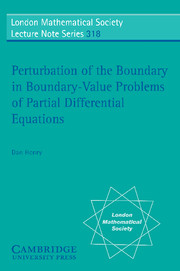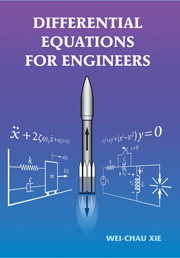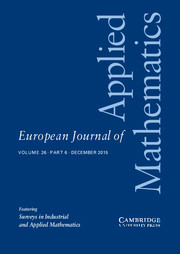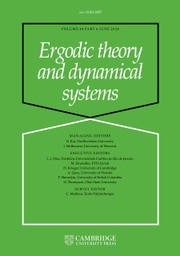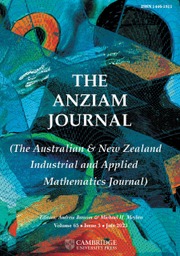Thinking about Ordinary Differential Equations
Ordinary differential equations - the building blocks of mathematical modelling - are also key elements of disciplines as diverse as engineering and economics. While mastery of these equations is essential, adhering to any one method of solving them is not: this book stresses alternative examples and analyses by means of which the student can build an understanding of a number of approaches to finding solutions and understanding their behaviour. This book offers not only an applied perspective for the student learning to solve differential equations, but also the challenge to apply these analytical tools in the context of singular perturbations, which arises in many areas of application. An important resource for the advanced undergradute, this book would be equally useful for the beginning graduate student investigating further approaches to these essential equations.
- Good exercises and examples
- Motivation to use linear algebra and power series
- An applied perspective
- For advanced undergraduates and graduate students in applied maths and engineering
Reviews & endorsements
' … an excellent choice for a one-semester, traditional course in differential equations at the undergraduate level'. J. David Logan, University of Nebraska
'To a significant extent the appeal for this book lies in the wealth of examples and solutions that have been selected more for further understanding than for drill. Through the process of review, I have discovered several mathematical developments that I would like to incorporate in my graduate level fluid mechanics and mathematics courses. I am sure other readers will come away with similar rewards from reading this delightful text.' P Weideman, Department of Mechanical Engineering, University of Colorado
Product details
April 1997Paperback
9780521557429
260 pages
229 × 152 × 15 mm
0.39kg
29 b/w illus. 136 exercises
Available
Table of Contents
- 1. First-order equations
- 2. Linear second-order equations
- 3. Power series solutions and special functions
- 4. Systems of linear differential equations
- 5. Stability concepts
- 6. Singular perturbation methods
- General references
- Index.




